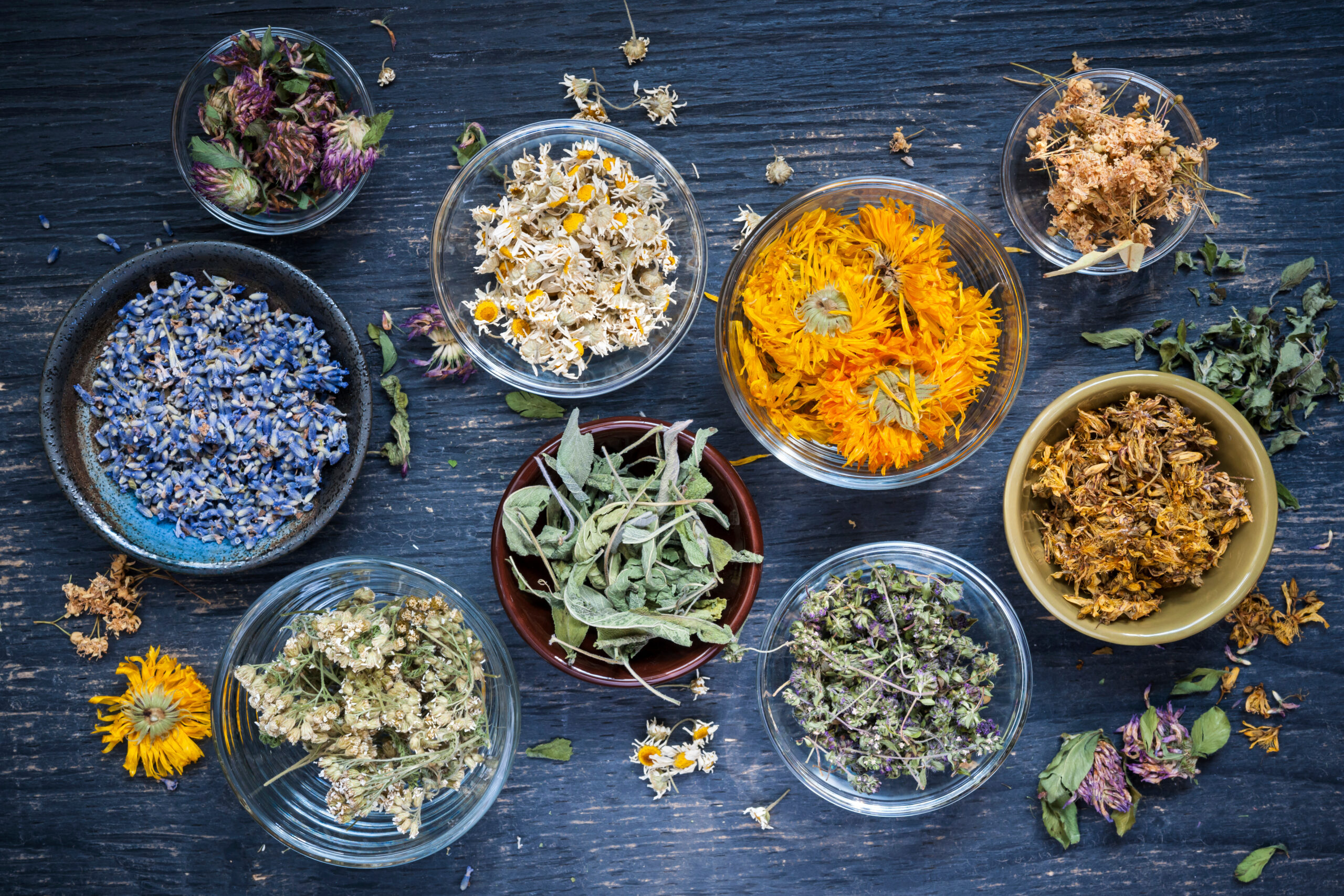Deep breathing can sometimes feel like a luxury in a world filled with pollutants, allergens, and stress. But nature has gifted us with pretty flowers that actively support respiratory health.
Scientific studies have shown that certain plants and flowers contain compounds that can help clear congestion, soothe inflammation, and even enhance lung function.
This post explores seven of the best flowers to help you breathe easier.
Mullein (Verbascum thapsus)
Mullein is a biennial plant recognized for its tall spikes of yellow flowers. Traditionally, it has been used to treat respiratory issues such as chest colds, bronchitis, and asthma. The leaves and flowers contain mucilage, a compound that soothes irritated membranes, and saponins, which make coughs more productive. Research indicates that mullein possesses strong anti-inflammatory properties, and some studies suggest its flower infusions have antiviral effects.
How to use: Mullein is best consumed as a tea made from dried leaves and flowers. Steep one teaspoon of dried mullein in a cup of boiling water for 10-15 minutes, then strain and drink. Strain the tea through a fine cloth or paper filter to remove tiny hairs that may irritate the throat.
Echinacea (Echinacea purpurea)
Echinacea, commonly known as purple coneflower, is a perennial plant with striking purple petals. It has a well-researched reputation for enhancing immune function, which can indirectly support respiratory health by reducing the incidence of colds and related respiratory issues.
How to use: Use echinacea to make herbal teas and tinctures. To prepare tea, steep one teaspoon of dried echinacea in a cup of boiling water for about 10 minutes.
Thyme (Thymus vulgaris)
Thyme is a fragrant herb with small, delicate white and purple flowers. It possesses antimicrobial and antispasmodic properties, making it beneficial for respiratory health. Thyme has been traditionally used to alleviate respiratory conditions and support lung health.
How to use: Thyme is a delicious culinary herb that works well in many dishes. For respiratory benefits, prepare thyme tea by steeping a teaspoon of dried thyme in a cup of boiling water for 10 minutes. Inhaling steam from thyme-infused water can also help relieve congestion.
Bee balm (Monarda didyma)
Bee balm is a perennial plant with vibrant red, pink, or purple flowers. Native Americans have traditionally used it to treat respiratory ailments. This pretty garden plant contains compounds that can help alleviate respiratory issues and support overall lung health.
How to use: Use leaves and flowers to make a flavorful tea. Steep fresh or dried plant parts in boiling water for about 10 minutes. This tea can be consumed to help soothe the throat and alleviate coughs.
Oregano (Origanum vulgare)
Oregano is a perennial herb with small purple or white flowers. It contains compounds that may help alleviate respiratory issues, reduce inflammation, and support overall lung health.
How to use: For respiratory benefits, prepare oregano tea by steeping a teaspoon of dried oregano in a cup of boiling water for 10 minutes.
Peppermint (Mentha piperita)
Peppermint is a perennial plant with small purple flowers and aromatic leaves. It contains menthol, which has antispasmodic and decongestant properties. Inhalation of peppermint oil can soothe swollen nasal membranes and loosen mucus, facilitating easier breathing. Studies have shown that inhaling peppermint aroma can enhance exercise performance and respiratory function.
How to use: Make soothing peppermint tea by steeping fresh or dried leaves in hot water for 10 minutes. Inhaling steam from peppermint tea or using peppermint essential oil in a diffuser can also provide respiratory benefits.
Eucalyptus (Eucalyptus globulus)
Eucalyptus is a fast-growing evergreen tree with aromatic leaves and white, yellow, or pink flower clusters. Its essential oil contains compounds that act as decongestants and bronchodilators, helping to relax bronchial muscles and reduce inflammation. Inhalation of eucalyptus oil can assist in clearing nasal congestion and improving airflow.
How to use: Add a few drops of eucalyptus essential oil to a bowl of hot water. Cover your head with a towel, lean over the bowl, and inhale the steam deeply for several minutes. This steam inhalation can help clear congestion. Alternatively, eucalyptus oil can be used in a diffuser or into a warm bath.
Plant with a purpose
Growing beautiful flowering plants in your garden does more than just enhance its aesthetic appeal – it can significantly benefit your lung health as well.
Beyond their medicinal properties, flowering plants improve air quality by filtering toxins and increasing oxygen levels in your surroundings. Whether you brew teas, inhale essential oils, or simply enjoy their presence in your garden, these plants offer natural and holistic lung support.
By cultivating these lung-friendly flowers, you’re not just growing a vibrant garden; you’re creating a breathable, healing sanctuary right in your own backyard. So, plant purposefully, breathe deeply, and let nature’s blooms care for your lungs.




